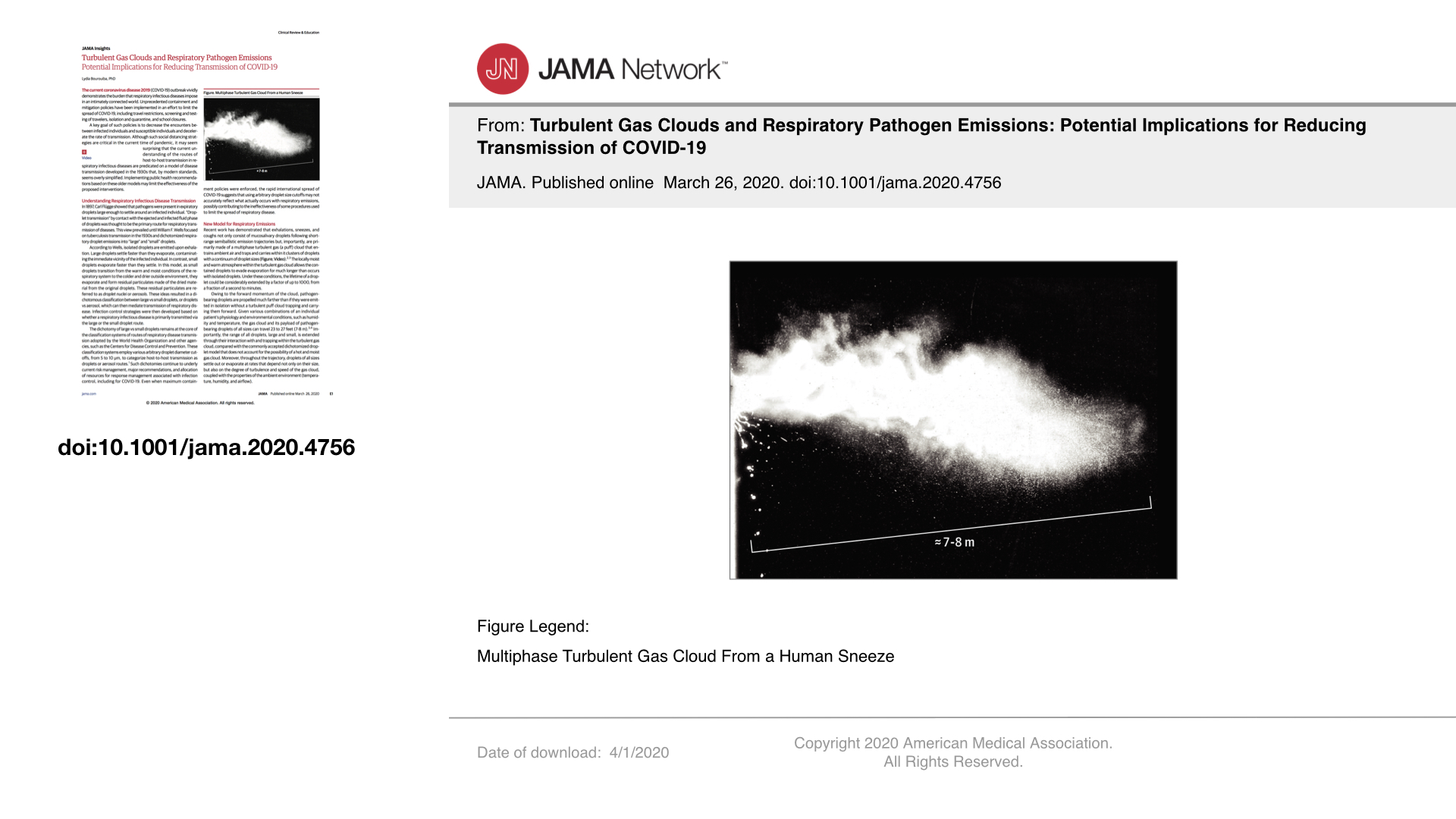Can my pet transmit SARS-CoV-2?
Should I worry about SARS-CoV-2 and my pet cat?
This week we're taking a mould holiday and instead focussing on a very serious contemporary health crisis. Today, I want to review what we know about SARS-COv-2 and virus transmission in pets. There have been some disturbing news stories about this virus in 2 dogs and then 2 cats. Investigations in Hong Kong revealed that the virus could be detected in at least one dog. The CDC cautions that there is no immediate risk to people from their pets, but they have amended their interim guidance to public health officials managing people with COVID-19 in-home care to advise on what to do about pets. I know you all want to know the answer to the question: Can my pet transmit SARS-CoV-2? Read on to find out...or scroll down to the end of this blog post to find the answer now

Obviously, no one wants people to start fearing their pets, but these early reports certainly suggest that there is some form of transmission even if this is just settled RNA virus onto the pet's fur. However, a bombshell of a paper came out overnight showing that SARS-CoV-2 is spread via droplets in ferrets and cats.
The risk to humans from animals - what the CDC says and what the research says are different
The Centres for Disease Control and Prevention (CDC) initially said there is no risk from or in pets, but they have since changed their mind. See the most recent CDC advice on this topic.

Droplet transmission of virus in the air
This is alarming and suggests that perhaps more widespread epidemiological testing needs to be undertaken in at least cats. The last part of this Livestream focuses on masks and if they offer scientifically valid reasons for wearing them. Droplets dispersed via sneezing or coughing actually go a very long way! Check out this amazing paper + video which demonstrates this, then consider the Government safety messaging.

Is 1.5m the appropriate distance? Do you think the distance should be extended?
I also review a paper that shows that mask-wearing on public transport prevents transmission to others. The final paper looks at 3 types of masks and notes that mask-wearing in combination with use of hand sanitizer can help minimize transmission.
What science says about the use of facemasks to protect yourself and others from coronavirus

What about dogs? A new hypothesis...
Some other researchers have looked at the potential role of dogs. A scientist called Professor Xuhua Xia from the University of Ottawa published an interesting paper in the Journal: Molecular Biology and Evolution. This paper suggests that the coronavirus may have been transmitted from dogs and then onto humans. This hypothesis has not been confirmed, but it's an interesting idea.
What about Zoo animals?
On the 5th of March 2020 the United States Department of Agriculture confirmed that a tiger at a zoo in New York had become infected with SARS-CoV-2. This was reported as the first example and reveals that we still don't understand a lot about all the myriad of different transmission pathways.
Watch the Livestream discussing the original evidence we have for SARS-Co-V2 infection in pet cats:
Every week, I do live streams on public health topics. Join me on Facebook.
Dr. Cameron Jones
REFERENCES:
Chen H. Susceptibility of ferrets, cats, dogs, and different domestic animals to SARS-coronavirus-2. 2020. doi:10.1101/2020.03.30.015347
Barari S, Caria S, Davola A et al. Evaluating COVID-19 Public Health Messaging in Italy: Self-Reported Compliance and Growing Mental Health Concerns. medRxiv. 2020;(March 30). doi:10.1101/2020.03.27.20042820
Pet dog tests positive for COVID-19 virus, Thursday, March 19, 2020. Afcd.gov.hk. https://www.afcd.gov.hk/english/publications/publications_press/pr2346.html. Published 2020. Accessed April 1, 2020.
Bertrand S, Buntinx M, Clinquart A et al. Risque zoonotique du SARS-CoV2 (Covid-19) associé aux animaux de compagnie : infection de l’animal vers l’homme et de l’homme vers l’animal (Mandat du Comité scientifique fédéral en charge de la gestion de la pandémie de SARS-CoV2 en Belgique). Afsca.be. http://www.afsca.be/comitescientifique/avis/2020/_documents/Conseilurgentprovisoire04-2020_SciCom2020-07_Covid-19petitsanimauxdomestiques_27-03-20_001.pdf. Published 2020. Accessed April 1, 2020.
Detection of low level of COVID-19 virus in pet dog. Info.gov.hk. https://www.info.gov.hk/gia/general/202002/28/P2020022800013.htm. Published 2020. Accessed April 1, 2020.
Ketchell M. Hong Kong dog causes panic – but here's why you needn't worry about pets spreading COVID-19. The Conversation. https://theconversation.com/hong-kong-dog-causes-panic-but-heres-why-you-neednt-worry-about-pets-spreading-covid-19-133304. Published 2020. Accessed April 1, 2020.
Coronavirus Disease 2019 (COVID-19) - If You Have Animals. Centers for Disease Control and Prevention. https://www.cdc.gov/coronavirus/2019-ncov/daily-life-coping/animals.html. Published 2020. Accessed April 1, 2020.
Grimm D. Should pets be tested for coronavirus?. Science. 2020;Mar. 31(2020). doi:10.1126/science.abc0029. https://www.sciencemag.org/news/2020/03/should-pets-be-tested-coronavirus
Pet cat tests positive for coronavirus in Hong Kong. The Straits Times. https://www.straitstimes.com/asia/east-asia/pet-cat-tests-positive-for-coronavirus-in-hong-kong. Published 2020. Accessed April 1, 2020.
Bryner J. Cat infected with COVID-19 from owner in Belgium. livescience.com. https://www.livescience.com/cat-infected-covid-19-from-owner.html. Published 2020. Accessed April 1, 2020.
Follow-up reports: Immediate Notification, then Reports No.1,2 and 3. Oie.int. https://www.oie.int/wahis_2/public/wahid.php/Reviewreport/Review?page_refer=MapFullEventReport&reportid=33546. Published 2020. Accessed April 1, 2020.
Questions and Answers on the COVID-19: OIE - World Organisation for Animal Health. Oie.int. https://www.oie.int/en/scientific-expertise/specific-information-and-recommendations/questions-and-answers-on-2019novel-coronavirus/. Published 2020. Accessed April 1, 2020.
BREAKING NEWS:
Bourouiba L. Turbulent Gas Clouds and Respiratory Pathogen Emissions: Potential Implications for Reducing Transmission of COVID-19. JAMA. Published online March 26, 2020. doi:10.1001/jama.2020.4756
Liu X, Zhang S. COVID-19 : Face Masks and Human-to-human Transmission. Influenza Other Respir Viruses. 2020;(29 March 2020). doi:10.1111/irv.12740
Ma Q, Shan H, Zhang H, Li G, Yang R, Chen J. Potential utilities of mask wearing and instant hand hygiene for fighting SARS-CoV-2. J Med Virol. 2020;(31 March 2020). doi:10.1002/jmv.25805
BREAKING NEWS ON THIS TOPIC:
Mallapaty S. Coronavirus can infect cats — dogs, not so much. Nature.com. https://www.nature.com/articles/d41586-020-00984-8. Published 2020. Accessed April 3, 2020.



